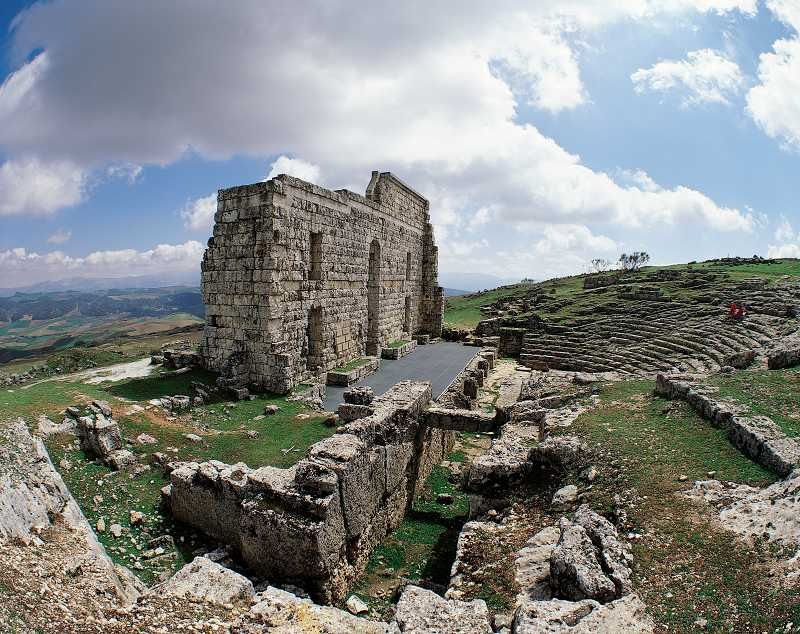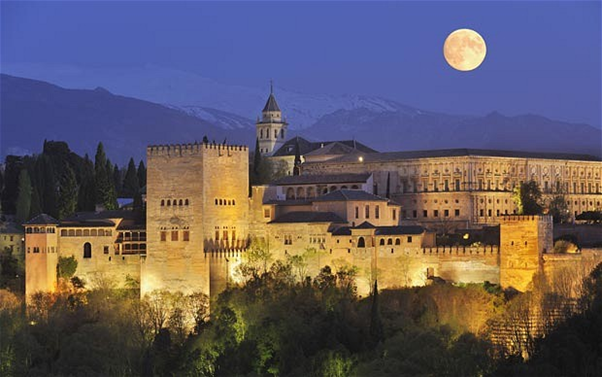Marbellas History and Architectural Styles
- Agustina Honrado
- Dec 19, 2023
- 2 min read
Marbella, a picturesque coastal town on the Costa del Sol in Southern Spain, is not only known for its stunning beaches, golf courses and luxurious resorts but also for its rich history and diverse architectural styles. From ancient Roman ruins to Moorish influence and modern-day architecture, Marbella's architectural landscape reflects the town's vibrant past and evolving trends. In this article, we will take a journey through Marbella's history and explore its various architectural styles.
1. Roman Influence:
Marbella traces its roots back to Roman times when it was known as "Salduba." The Romans left behind significant architectural remnants, including the Roman Bridge and the Villa Romana de Rio Verde, showcasing their innovative construction techniques and design principles. These ancient ruins serve as a testament to Marbella's historical significance and architectural heritage.

2. Moorish Influence:
During the Arab rule in Spain, Marbella experienced a significant influx of Moorish influence, which is evident in the town's architecture. The Old Town, also known as Casco Antiguo, is a prime example of Moorish-inspired architecture with its narrow, winding streets, whitewashed buildings, and charming courtyards adorned with fountains and vibrant flowers. The iconic Orange Square (Plaza de los Naranjos), with its 15th-century fountain and surrounding orange trees, is a must-visit spot that encapsulates the town's Moorish charm.

3. Renaissance and Baroque Period:
The Renaissance and Baroque periods brought forth a shift in architectural styles in Marbella. The Iglesia de la Encarnación, the main church in the Old Town, showcases elements of both Renaissance and Baroque architecture with its grand façade and intricately carved details. The Fuente de la Virgen del Rocío, a beautiful baroque-style fountain located near the church, adds to the town's architectural allure.

4. Modern and Contemporary Architecture:
Marbella's architectural landscape continues to evolve with the incorporation of modern and contemporary designs. The influence of renowned architects like Frank Gehry and Salvador Perez Arroyo can be seen in the distinctive buildings and structures that have become landmarks in the town. One such example is the Marbella Club Hotel, designed by Arroyo, which seamlessly blends modern elements with the traditional Andalusian style, creating a harmonious architectural fusion. Additionally, the dynamism of Marbella's luxury villas, as showcased in our latest architectural designs, reflects the town's commitment to innovation, sustainability, and exquisite aesthetics.

Marbella's architectural styles are a reflection of its vibrant history and changing trends. From Roman ruins to Moorish-inspired buildings, Renaissance and Baroque influences, to modern and contemporary designs, Marbella's architecture tells a compelling story. Exploring the town's architectural landscape offers not only a visual treat but also a glimpse into the rich cultural heritage and creativity that define Marbella. Whether you are a history enthusiast, architecture lover, or simply seeking design inspiration, Marbella's architectural charm is bound to captivate you.
Learn more about our studio and our commitment to excellence in About Us. For a deeper dive into the luxury villas in Marbella and the latest design inspiration and trends, read our article Luxury Villas in Marbella: Design Inspiration and Trends. Additionally, if you are interested in modern architect in Marbella our aticle 'Mediterranean modern architectural trends in Marbella' may be of interest.
What is the architecture of Marbella?
Marbella has a mix of architectural styles due to its long history and influences from various cultures. You can find traditional Andalusian architecture with white-washed buildings, narrow streets, and beautiful flower-filled balconies. Additionally, there are modern buildings, especially in the newer areas and along the coastline.
What is Marbella renowned for?
Why is Marbella special?
Where is the rich part of Marbella?





















Comments